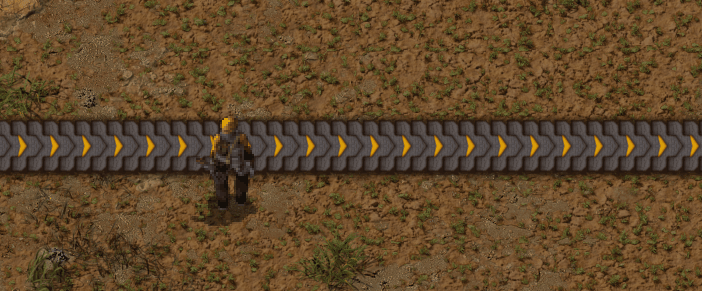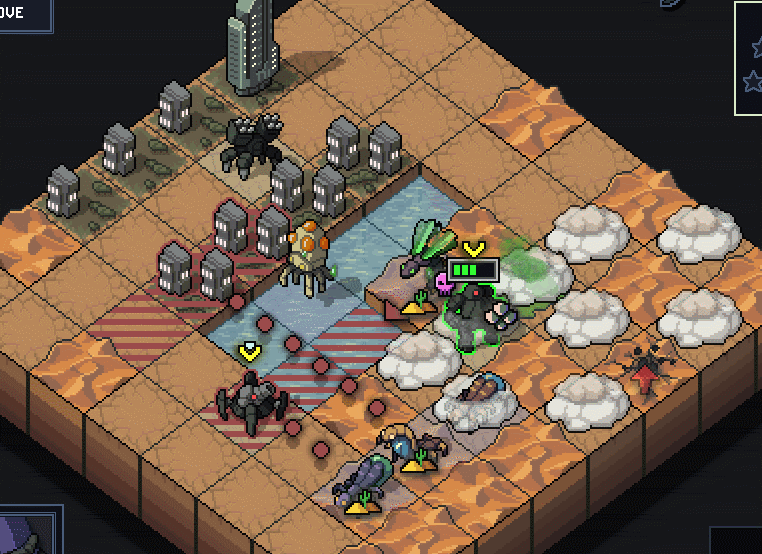5 Video Games To Practice Time Management and Resource Optimization
When it comes to planning, time management, and resource optimization in real-world scenarios, there aren’t many simulations or sandboxes…
When it comes to planning, time management, and resource optimization in real-world scenarios, there can be big consequences if you choose incorrect next steps or make a wrong turn somewhere. With no real-world sandboxes, how do we practice and hone our optimization / planning / strategizing techniques?
Video games can be a solid answer to this question. Below are 5ish games that I’ve found to be helpful in practicing decision-making skills while also managing resources and time constraints.
Cities: Skylines
Cities: Skylines is one of my favorite games in both city-building and efficiency optimization. In the game you build a city and its entire infrastructure, paying attention to energy usage, budgetary concerns, population density, and even the effects of sewage, garbage, and industrial waste in your communities.
The menu on the left in the picture below is just one of the many submenus to view everything that could be optimized within your city. 26+ plus charts to call out where you can further optimize, and that doesn’t even include the tax sliders.

The granularity of optimizations within this game is incredible, feels never-ending and I’m sure I haven’t seen them all. A few examples:
Traffic maps let you see where your drivers are getting clogged when driving through your city
Overall happiness informs you of what your citizens long for
Education levels per district (which has knock-on effects for other happenings within your cities)
For practicing your response times and ability to track multiple factors at once put the game on its highest speed and never hit pause. It’s chaotic and you will likely mess something up, but that’s the point. This is a safe environment to work on real-time optimizations where you can hit the reset button without losing your job or the trust of your team.
Pro Tip: Make sure your waste center is downstream from your water intake center so you don’t poison your citizens.
Factorio
Oof. This one is brutal and still overwhelming. Similar to Cities: Skylines in managing multiple systems throughout the world, Factorio is much less forgiving. In order to eventually leave a planet (on which you’ve crash-landed) you’ll need to build factory lines to gather, process, and build materials to then build additional factory lines that again gather, process, and build more materials.
Lurking in the background are dangerous alien creatures that will eventually attack, but there are ways to thwart them if you’ve advanced your manufacturing to a high enough level. Surviving Factorio is much more rewarding than building a thriving city in Cities: Skylines, but the path to get there is much rockier.
After a while, your factory layouts start to look like interactive UML diagrams and the complexity is likely pretty similar. Planning ahead is extremely important in this game and understanding how everything ties together can start to feel like you’re reading through a chemistry book. Once you’ve conquered the full manufacturing process though, phew, it feels good.
Tribes of Midgard
An RPG Survival game based in Norse lore, Tribes of Midgard is the toughest time management game on this list. The goal is to gather materials, build up your small settlement (gates, archer towers, leveling up the citizens), survive Jotun and Helthing attacks, and eventually save the world from the eternal winter. Sounds easy right?
The only problem is each day is the same length, but the events in the evening get longer and more difficult with each passing day until finally, it’s only night.
Leave your settlement during the day to complete quests, defeat foes, and attempt to beat the core story, return at night to defend your settlement. Rinse, wash, repeat. Throughout your adventures, you’ll acquire resources and have to determine where and how to spend them. There are long-term enhancements that help more than others, but also take more resources.
As in the real world, Tribes of Midgard presents different mechanisms for success, but you must first form a strategy and figure out what works best for you. In each playthrough, you’ll learn additional ways to optimize, but definitely choose a strategy, stick to it, and learn from its pitfalls.
Tribes of Midgard is the only co-op game on this list allowing you to play with up to nine other individuals (of your choosing or random). The additional folks help with getting more resources faster, but the enemies throughout the world become more difficult to defeat. If nothing else it could be good practice for forming a team and managing them effectively, just don’t try sending out 360 feedback surveys directly after.
FTL / Into The Breach
I included both of these because they’re similar in style, difficulty, and were created by the same developer studio. Each forces ruthless prioritization with minimal resources and causes you to make decisions that will affect your future. Most difficult of all, each playthrough is different than the last (thanks to procedurally generated worlds) meaning what you did in Run 1, doesn’t mean it will be the same in Run 10.
In Faster Than Light (FTL), you’ll be afforded limited resources and must determine whether you want to upgrade your ship, your crew, or your weapon systems.
With a full playthrough taking ~90 minutes, you can easily form a strategy, attempt it, learn where the weak spots are, and iterate. External forces range from enemy ships to enemies beaming aboard your own ship and slowly eliminating systems and crewmates.
Into The Breach is similar. Optimize for defense, offense, or building out additional features, all while plowing through turn-based puzzles against an invading alien species. Conceptually, this is one of the easier games, but from a “how should I spend my resources” perspective, it’s extremely difficult. Depending on how well you perform, a single playthrough could be between 30 minutes and 3 hours.
You’ll find yourself making difficult choices like “do I allow my power grid to dwindle in order to defeat this monster?” or “can I go another turn without attacking and instead gain additional resources.” It’s difficult, you will fail, but each time you learn something new.
Stardew Valley
One of the more peaceful games on the list, Stardew Valley doesn’t care too much about how fast you go. We’ve all thought about it, right? Leaving our desk job to go tend the land and live off of random objects we find in caves from defeating blob creatures. Stardew Valley takes this concept and makes it a reality, throwing you headlong into a sometimes painful planning and time management experience.
Not only do you have to tend to your crops so you can sell them at the market, but you also have to note the season, the day of the season, and how long your crop will take to grow to ensure you are able to sell before the season comes to a close.
Days, where it rains, are basically like a three-hour meeting being removed from your calendar. The time spent tending crops can now go into literally anything else because the rain took care of it for you, which begs the question “how will you spend your extra time today?”

Farming isn’t even the only way to make money in the game, there’s also fishing, collecting minerals, crafting weapons, and hanging out with the (sometimes strange) citizens of Stardew Valley. The only problem is that dreaded time limitation. Manage it wisely.
Having strategies and planning ahead are crucial to succeeding in Stardew Valley and while there doesn’t seem to be an “end,” there’s definitely some pressure to keep expanding your farm, exploring new areas, and meeting new people.
Final Thoughts
Management, leadership, and organizational effectiveness don’t have much in the way of sandboxes or simulations in the real world, but video games create a safe place to attempt new strategies. Spending time with tangentially related concepts can help increase your ability to make decisions and practice your planning and strategizing abilities.
The above games are at or below $20 in cost, so if you’re looking for something to do over the holidays, give them a try. Who says learning and practice can’t be fun?
What video games have you played that help with your real-world duties?















